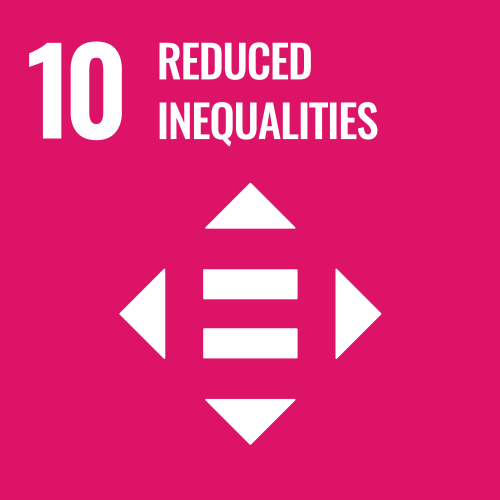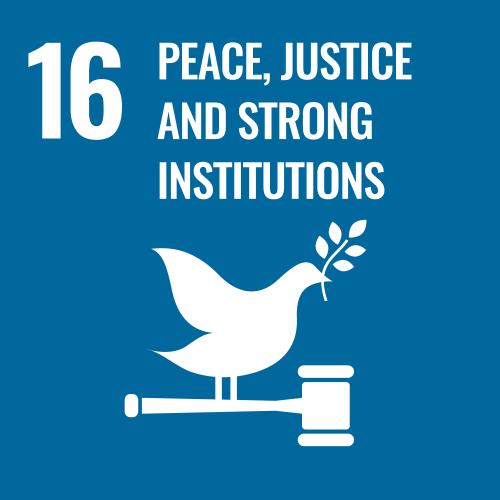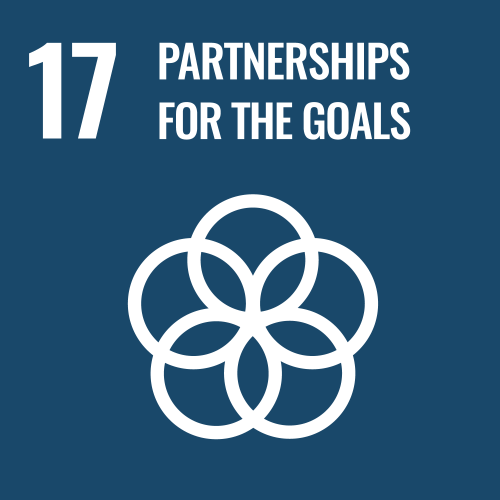
16/06/2025
The project, which will have a special focus on the fight against human trafficking and smuggling of migrants, has already begun training judicial and police authorities.
The main objective of the project Support to Migration Governance in Nigeria, funded by the European Union through the NDICI-Global Europe program, is to strengthen the country’s institutional and operational framework for migration, promoting a more effective, secure and respectful of human rights management.
Lasting almost four years, the project is being implemented in various regions of the country, in close coordination with the Nigerian authorities and international organizations such as the United Nations Office on Drugs and Crime (UNODC), which is leading the project, the National Agency for the Prohibition of Traffic in Persons (NAPTIP), the Nigerian Immigration Service (NIS), the Network Against Child Trafficking, Abuse and Labor (NACTAL), the Nigeria Police Force (NPF), as well as justice authorities.
The project addresses migration from a comprehensive perspective, with a special focus on the fight against human trafficking and smuggling of migrants, particularly as it affects women and girls who are victims of sexual exploitation, harassment, extortion, among other dramatic forms of violence. Among its key actions are the training of judicial and police authorities, the strengthening of operational protocols and the promotion of international cooperation. It also prioritizes the sustainable reintegration of returned migrants and the creation of safe migration channels through coordination mechanisms between institutional actors, both within Nigeria and with European partners. This includes the development of witness protection frameworks, exchanges of best practices with EU Member States, and the creation of legal centers for victims, in the search for greater responsiveness to transnational challenges.
During the last weeks of May and the first week of June, the first four training activities have started, where key issues have been addressed in this first phase of the project. Firstly, a training on TIP and SOM for NPF and NIS agents has been conducted. Newly recruited officers of the Nigerian Police and Migration have received intensive training on trafficking in persons (TIP) and smuggling of migrants (SOM). Legal frameworks, victim identification and ethical investigation techniques have been addressed. The objective has been to strengthen victim-centered responses and foster inter-agency collaboration.
In addition, a SWOT analysis workshop for TIP/SOM agencies has been conducted with security sector stakeholders to identify strengths, weaknesses, opportunities and threats in the fight against TIP and SOM. The results will help improve policy and resource allocation.
In addition, officers from NAPTIP, NIS and NPF have participated in training on the Common Investigative Database (CID). They received an update on the use of the CID to improve case management and interagency coordination. This tool allows for greater accuracy, confidentiality and collaboration in joint investigations.
Finally, support has been given to the development of the Strategic Plan for the Nigerian Police. The National Police is developing a strategic plan to optimize its operations against TIP and SOM, with clearer goals and intelligence-led approaches. This activity was aimed at supporting the development of the plan in the quest to improve institutional response and compliance with national and international standards.





